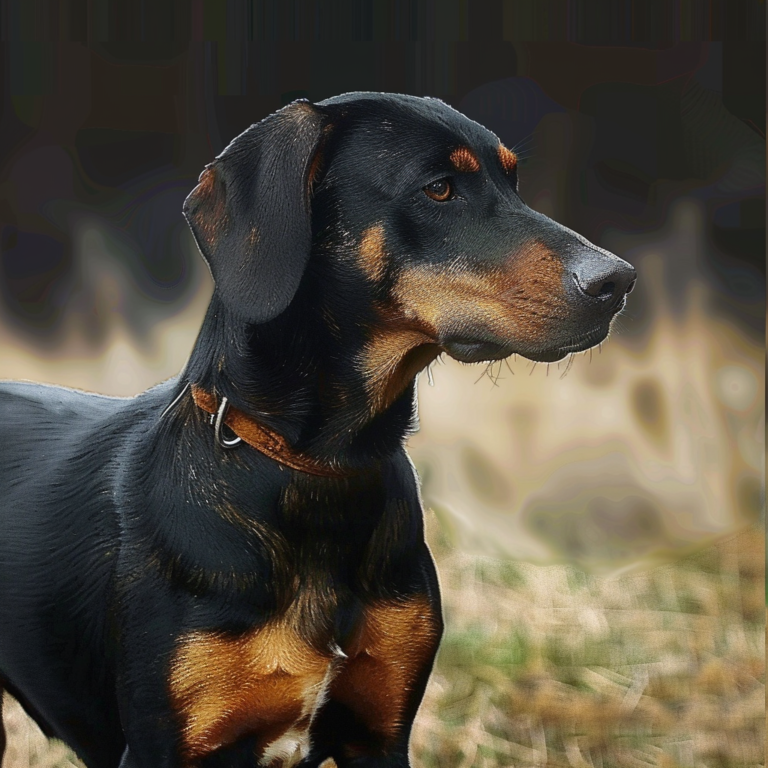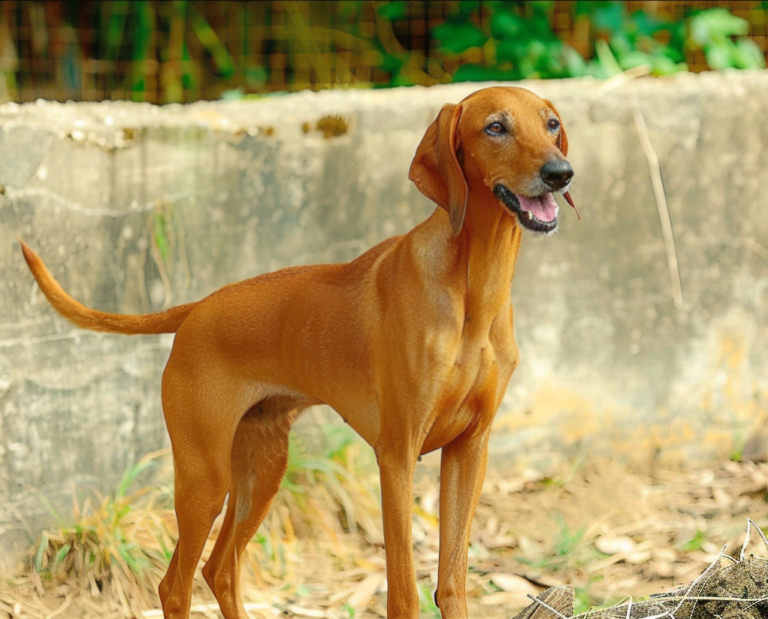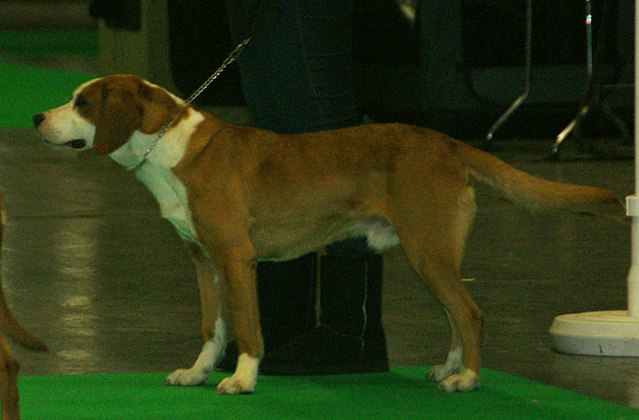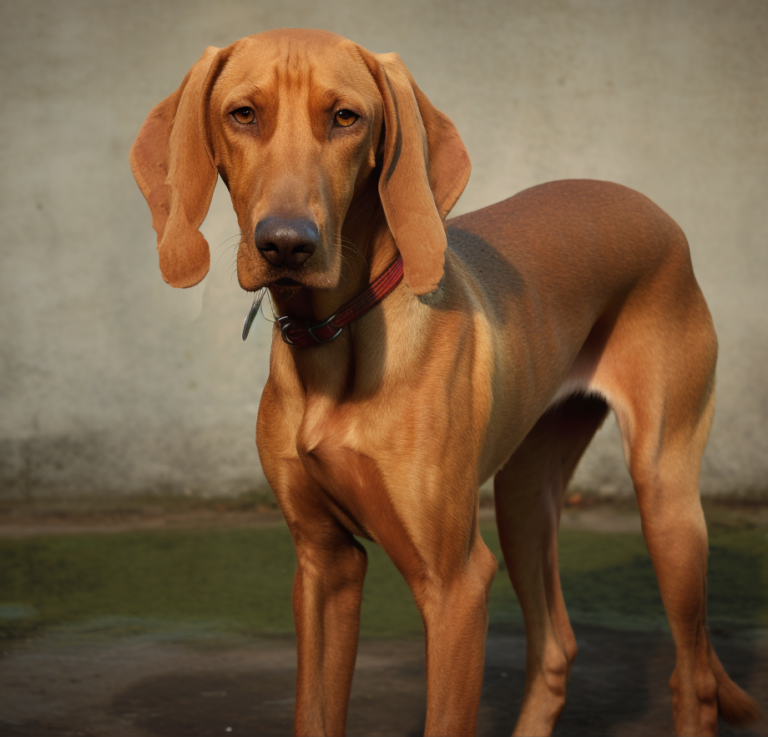The Swiss Hound, also known as the Schweizer Laufhund, specializes in hunting hare although has been known to also hunt roe, rabbit, fox and even wild boar. This very old breed has four distinct varieties, separated by color: Bernese (tricolor), Jura (black/tan), Lucerne (blue) and Schwyz (white/orange) – but all are one breed with a single standard. Swiss Hounds are heavily influenced by French scenthounds that were brought to Switzerland at one point in time, although they are a distinct breed all to themselves.
Swiss Hounds are very active! They also have plenty of endurance ability and therefore need lots of exercise. This rare breed is kept mainly by hunters and isn’t as common as a pet, which means that most (if not all) bloodlines have a lot of energy! Because of their high hunting drives, they are also apt to follow interesting scents (with much passion) regardless of their owners wishes. They are also more likely to chase running animals and/or moving objects. This isn’t really the type of dog to take jogging off-leash in a city. They do much better with country living and plenty of wide-open spaces to run.
Some Swiss Hounds can be escape artists, particularly if they live in an area where “temptations” exist (such as rabbits and other prey animals). A very secure fenced area for the dog is paramount for this breed to keep them from getting hit by a car! Even though they love spending time with their owners, the smell or sight of a wild animal will cause most to immediately revert to hunting mode. In order to let them reach their average age of 13-14 years, make sure they are always kept in a safely fenced yard or on leash when in a potentially dangerous setting. 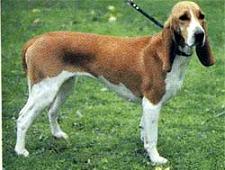
The Swiss Hound is characterized by his very long ears and medium-sized build. He is also characterized by his loud, melodious voice! Prospective owners should be aware of this latter trait and make sure that will fit into their lifestyle! Other than the typical scenthound quirks (voice, independent nature and prey drive), this is a sweet breed that is gentle with children and patient with other dogs. A friendly and social nature means he makes friends wherever he goes. Do take care when introducing this dog to small pets such as birds or pet rodents… for obvious reasons.
Swiss Hounds are known for their independent natures, which means training may be more difficult – particularly for novice scenthound owners. Furthermore they can be prone to testing their owner and/or “forgetting” obedience commands when they don’t feel like doing something. Make sure to utilize a trainer who is used to working with similar breeds and who can guide you through what to do when this happens. When given mental stimulation through obedience training (as well as physical stimulation through exercise), the breed is calm and well-behaved in the home. Just make sure that you start obedience training while the dog is still young, and stay on a consistent training schedule!
Swiss Hounds don’t require a ton of regular upkeep. They tend to housebreak easily and aren’t known for having excessive healthy problems which would require frequent vet visits. They also only require minimal grooming – a daily brush-through of the coat is a quick chore for this smooth coated dog. Otherwise make sure to clean the ears and trim the nails weekly, and give a bath only when needed. When their needs are fulfilled, and when in the right home, this uncommon breed can make an excellent companion.
